
Christmas is a long stretch to go without practising any phonics. In the southern hemisphere, it’s the long summer holidays and in the northern, children are off for nearly three weeks. Kids can lose nearly a whole term of learning over a long break. As a mummy to a 4-year-old, I know how important – and sometimes tough – it is to keep kids’ progress up when they’re off school. That’s why I’ll be sprinkling some fun phonics activities throughout my daughter Nieve’s Christmas holidays – here’s what we will be up to:
Keep it short and sweet. I’ll be sticking to practising blending in the morning, for 10-15 minutes maximum – and with a belly full of porridge first!
Write a Christmas list! Help your child sound out and either scribe or have them write their Christmas list. Shopping lists, gift tags, Christmas menus and thank you cards all provide lots of opportunities to practice spelling and handwriting.
Get your kids engaged while you cook or bake! Sprinkle flour on the table and have kids practice writing out letters or words.
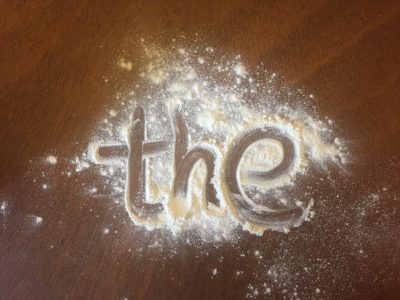
Tricky words are words such as: ’the’, ‘was’ and ‘are.’ Frequently found in children’s books and writing, they are harder to sound out. Day-to-day, have your child point out the tricky words; my daughter enjoys pointing them out in stories we read and circling them in our junk mail. Here is our list of tricky words.
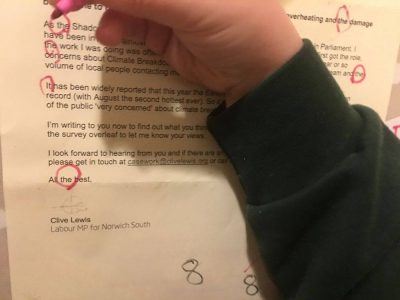
As we play some of her favourite board games, I might substitute words for sounded out words, for example in the Shopping Game…’Do you have b-ea-n-s?’
My daughter loves playing the teacher and writing words on the fridge. Using a whiteboard marker won’t land them on Santa’s naughty list!
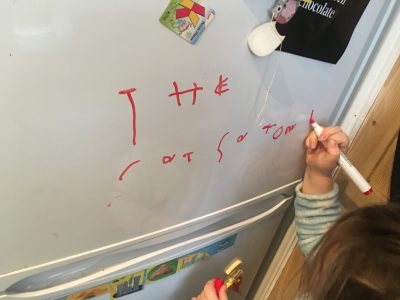
Add a phonics twist to traditional car journey games. For example, “I spy with my little eye something beginning with: ‘s’” or using number plates to practice recognising capital letter sounds.
My daughter loves the grown-upness of doing a worksheet (it’s something about filling in forms!). We’ve got a set you can purchase for home use here.
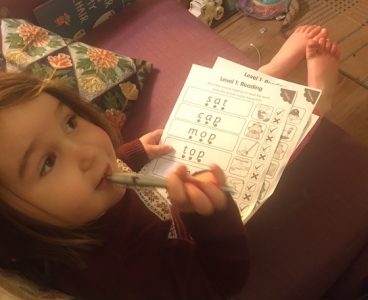
Decodable books use only the sounds a child knows and enable them to practice their blending. If your school teaches systematic phonics they should provide decodable books to you. You can also check your local library.
This is our new favourite activity: we jump on Google and Nieve tells me a picture to search for. Then, she has to sound it out or type it (using a keyboard is also a great tool for learning to associate the capital letters with the sounds.) She chooses her picture of a c-a-t and we pop it into her poster. Here is our latest phonics art:

While you’re out finishing Christmas shopping, looking for sounds in signs and advertisements is a great (educational) distraction for antsy little ones (‘First one to find a sign with a “s” wins a point!’).
Practising reading and spelling using Phonics Hero, to me, is guilt-free, screen time. Nieve always looks forward to the 10-15 minutes she gets to play Phonics Hero. Sign up here for your free 7-Day Trial.
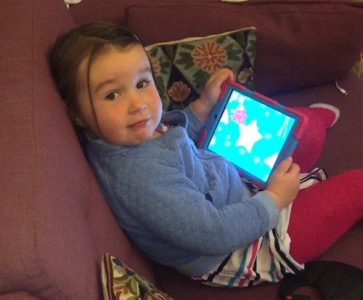
The secret for parents engaging in some of the ‘teaching’ is to keep it light and get creative with your phonics activities!
If your child hasn’t started to learn to read and you think they are ready, I’d suggest you read our blog post How to Teach a Child to Read With Phonics first. It will systematically take you through the steps you need to do to launch them into reading using phonics.
